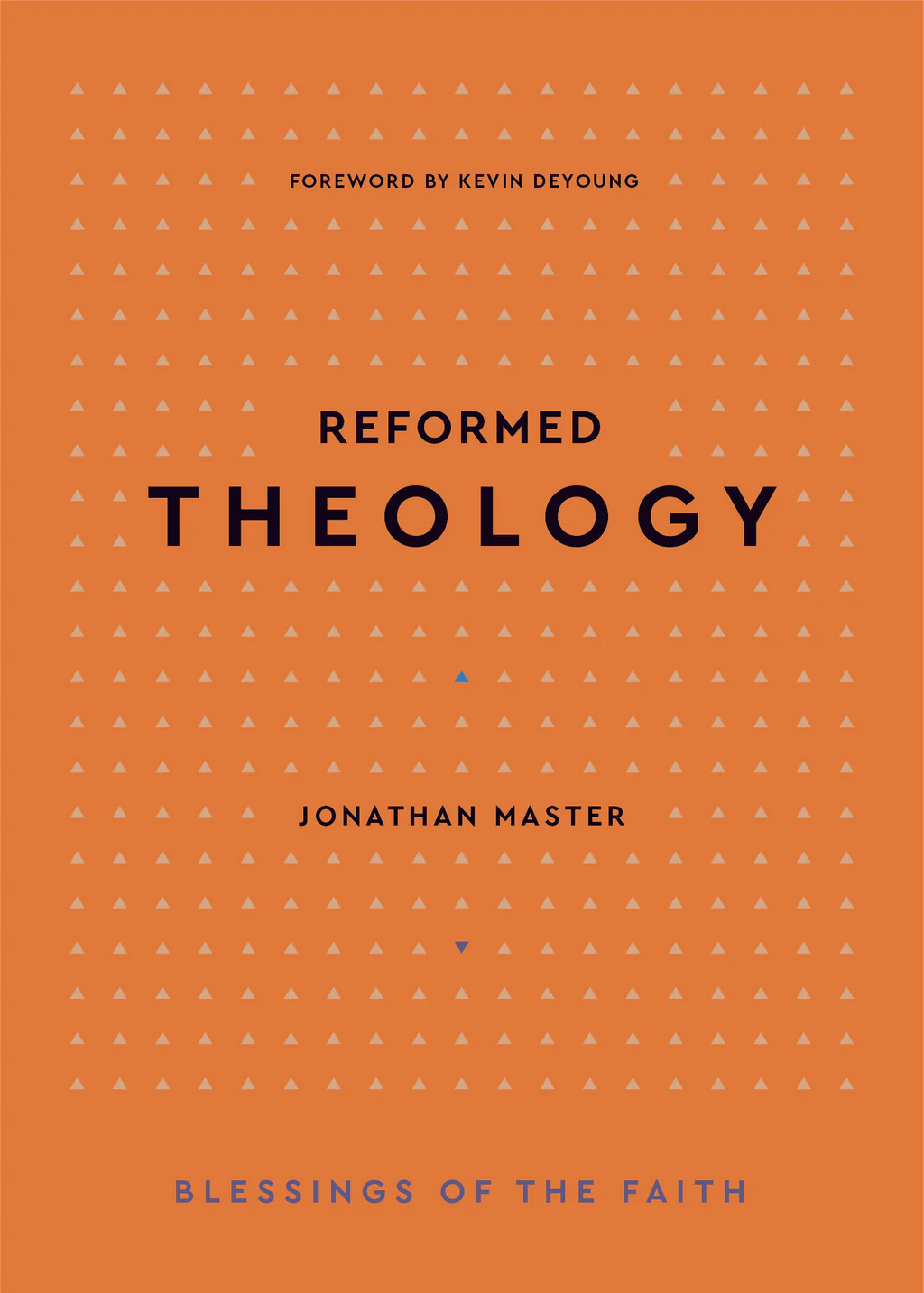
Jonathan Master
Reviewed by: Michael Grasso
Reformed Theology, by Jonathan Master. P&R, 2023. Hardcover, 112 pages, $12.21. Reviewed by OP pastor Michael Grasso.
As a pastor I am always thinking about finding simple books to recommend to people who are new to the Reformed faith. There are many works that are worth their weight in gold but not accessible to someone new who has basic questions about Reformed theology. Jonathan Master’s Reformed Theology is one of those simple books intended to introduce the Reformed faith in clear, simple language that is truly accessible to everyone. Since the book is short, it is easy to recommend even to those who perhaps do not read many books.
Another benefit of Master’s book is that it focuses on the heart. He writes that the book “arises out of two simple convictions. The first is that knowing what we believe about God, humanity, worship, and salvation is important” (13), and the second is that “Reformed theology is a blessing” (14). Master argues, “Reformed theology, rightly understood, cuts through a false association between theological thinking and ivory-tower speculation” (14).
Master begins with a discussion on what Reformed theology is. He starts with a simple overview of the historical significance of the Reformation before highlighting the five points of Calvinism, which he says are important for Reformed theology, though “they do not fully encapsulate, or accurately describe, all of Reformed theology” (20). Master argues that the five solas of the Reformation provide a more holistic overview of Reformed theology (20). His overview of the solas provides a good introduction to the concepts with helpful applications to the way people think today. For instance, regarding sola Scriptura, Master not only highlights the issue of tradition versus the Bible (21), but also the Bible’s relationship to “sociologists, scientists, politicians, and entertainers” (22) as well as the relationship of the Bible to feelings and experiences (23). Master also highlights the importance of covenant and historic Reformed confessions to round out the discussion on what Reformed theology is (29–30).
In chapter 2, Master goes into more detail on the doctrines of Scripture and the sovereignty of God as these are bedrock foundations in Reformed theology. In chapter 3, he gives a basic overview of covenant theology. One thing I would have liked to see emphasized more is the importance of Genesis 3:15. Master does note that Genesis 3:15 is related to the Abrahamic covenant (55), but it may have been helpful to give more space to Genesis 3:15, particularly as it provides such an important foundation for all the covenants that follow. In chapter 4, Master highlights the blessings of Reformed theology. Once again, the heart is not overlooked. Master notes that Reformed theology provides comfort for the people of God (64).
The last part of the book is a Q&A. Master takes the opportunity in this section to highlight the importance of finding a Reformed church (96). I have personally found it very common for people to become convinced of Reformed soteriology and either to be at a loss on how to find a Reformed church or to fail to see the need to do so. Master helpfully draws the connection between Reformed convictions in theology and finding a local church where these can be lived out.
June 15, 2025
June 08, 2025
June 01, 2025
Anxiety: Finding the Better Story
May 25, 2025
April 27, 2025
The Devoted Mind: Seeking God’s Face in a World of Distraction
April 20, 2025
April 13, 2025
© 2025 The Orthodox Presbyterian Church